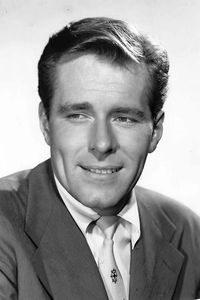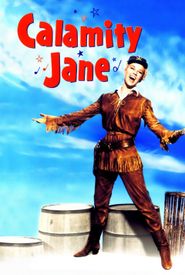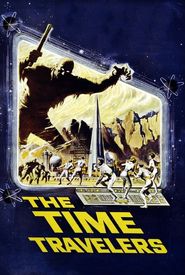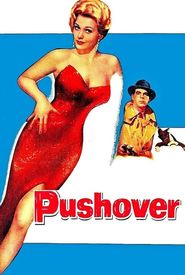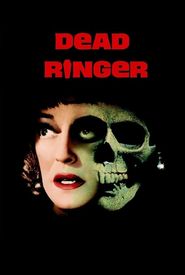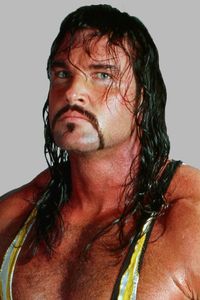Philip Carey, a tall, blond, and ruggedly handsome actor, started his career in the 1950s as a standard film actor in westerns, war stories, and crime yarns. However, he didn't achieve full-fledged stardom until well past the age of 50, when he joined the daytime line-up as ornery Texas tycoon Asa Buchanan on the popular soap One Life to Live in 1979. He lived pretty much out of the saddle after that, enjoying the patriarchal role for nearly three decades.
Born Eugene Carey on July 15, 1925, in Hackensack, New Jersey, he grew up on Long Island. During World War II and the Korean War, he served with the Marine Corps. He attended New York's Mohawk University and studied drama at the University of Miami, where he met his college sweetheart, Maureen Peppler. They married in 1949 and had three children: Linda, Jeffrey, and Lisa Ann.
The 6'4" actor impressed a talent scout with his brawny good looks while appearing in the summer stock play "Over 21" in New England, and he was offered a contract with Warner Bros. as a result. Billed as Philip Carey, he made his film debut billed fifth in the John Wayne submarine war drama Operation Pacific (1951). Phil could cut a good figure in military regalia and also showed strong stuff in film noir.
A most capable co-star, he tended to be upstaged, however, by either a stronger name female or male star or by the action at hand. He was paired up with Frank Lovejoy in the McCarthy-era I Was a Communist for the F.B.I. (1951),and Steve Cochran in the prison tale Inside the Walls of Folsom Prison (1951). Warner Bros. star Joan Crawford was practically the whole movie in the film noir This Woman Is Dangerous (1952) co-starring the equally overlooked David Brian and Dennis Morgan; Calamity Jane (1953) was a vehicle for Doris Day; and he donned his familiar cavalry duds in the background of Gary Cooper in the Civil War western Springfield Rifle (1952).
In 1953, Carey left Warner Bros. and signed up with Columbia Pictures, where he was, more than not, billed as "Phil Carey." Here again he fell into the rather non-descript rugged mold as the stoic soldier or stolid police captain. He did find plenty of work, however, and was frequently top-billed. He battled the Sioux in The Nebraskan (1953); played a former subordinate member of the Butch Cassidy and the Sundance Kid gang who has to clear his name in Wyoming Renegades (1955); was a brute force to be reckoned with in They Rode West (1954); and had one of his standard movie roles (as an officer) in a better quality movie, Columbia's Pushover (1954),which spent more time promoting the debut of its starlet Kim Novak as the new Marilyn Monroe.
Overshadowed by James Cagney and Jack Lemmon in Mister Roberts (1955) and by Van Heflin, young Joanne Woodward (in her movie debut) and villain Raymond Burr in the western Count Three and Pray (1955),Phil turned his durable talents more and more to TV in the late 1950s.
The man of action took on the role of Canadian-born Lt. Michael Rhodes on the series Tales of the 77th Bengal Lancers (1956) alongside Warren Stevens. He eventually left Columbia studios to do a stint (albeit relatively short) playing Raymond Chandler's unflappable detective Philip Marlowe (1959). Most of the 60s and 70s, other than a few now-forgotten film adventures such as Black Gold (1962),The Great Sioux Massacre (1965) and Three Guns for Texas (1968),were spent either saddling up as a guest star on The Rifleman (1958),Bronco (1958),The Virginian (1962) and Gunsmoke (1955) or hard-nosing it on such crime series as 77 Sunset Strip (1958),Ironside (1967),McCloud (1970),Banacek (1972) and The Felony Squad (1966). He also played the regular role of a stern captain in the Texas Rangers western series Laredo (1965).
Phil was a spokesperson for Granny Goose potato chips commercials, and his deep voice served him well for many seasons as narrator of the nature documentary series Untamed Frontier (1967). One of his best-remembered TV guest appearances, however, was a change-of-pace role on the comedy All in the Family (1971) in which he played a vital, strapping blue-collar pal of Archie Bunker's whose manly man just happened to be a proud, astereotypical homosexual. His hilarious
